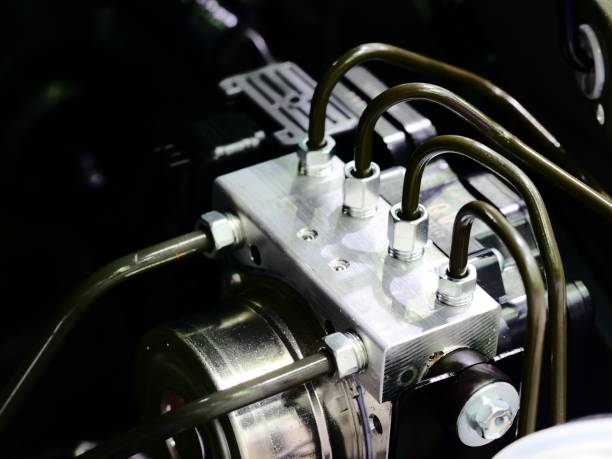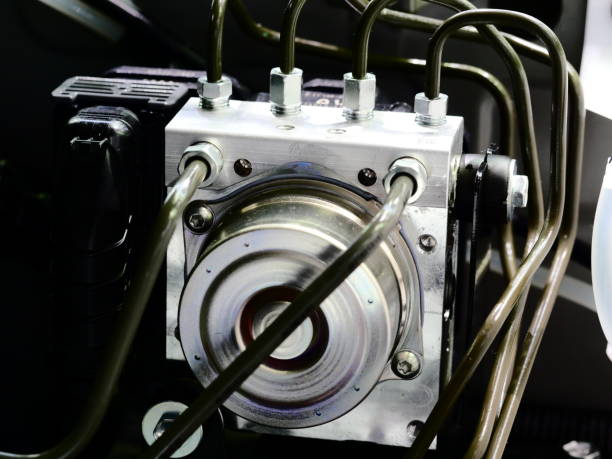
When it comes to road safety, few innovations have been as transformative as the Anti-lock Braking System (ABS). At the heart of this crucial safety feature is the ABS module, a critical component that coordinates and controls the entire system. If you’re curious about how your car stays stable during sudden braking, this article will shed light on the workings of the ABS module.
What is an ABS Module?
The Basics
The ABS module, often referred to as the ABS control module, is a microprocessor device in your car that communicates with other systems to control the ABS system. It is the brains of the ABS system, processing signals from the wheel speed sensors and activating the ABS system when necessary.
Role in Vehicle Safety
In a situation where hard braking is required, the ABS module regulates the brake fluid pressure to the individual brakes, preventing the wheels from locking up and skidding. This allows the driver to maintain steering control, crucial in avoiding a collision.
How the ABS Module Works
Monitoring Wheel Speed
The ABS module constantly receives data from the wheel speed sensors located at each wheel. These sensors detect the speed at which the wheels are turning and send this information to the ABS module.
Initiating ABS Activation
When you apply the brakes heavily, and the wheels are about to lock up, the wheel speed sensors will pick up this sudden deceleration. The ABS module interprets this data and determines that an intervention is required to prevent wheel lock-up.
Regulating Brake Pressure
The ABS module controls the pressure applied to each brake through a series of solenoid valves. By rapidly pulsing these valves, the ABS module can reduce the brake force applied to each wheel, preventing wheel lock-up and allowing the driver to maintain control of the vehicle.
Common Problems with ABS Modules
Like any other component in your vehicle, the ABS module can experience issues.
ABS Warning Light
One of the first signs of a potential problem with the ABS module is the illumination of the ABS warning light on the dashboard. If this light turns on, it means the module has detected a problem with the ABS system.
Unresponsive Brakes
If the ABS module is failing, it may cause the brakes to become unresponsive or less effective. This happens when the module is unable to correctly regulate the brake fluid pressure to each brake.
Maintaining and Replacing Your ABS Module

Regular maintenance and inspection of your ABS system can ensure your ABS module is working correctly and help prevent costly repairs or replacements.
Regular Inspections
Have a mechanic inspect your ABS system regularly to ensure it’s functioning correctly. They will check for signs of damage or wear and tear that could affect your ABS module.
Replacement
If your ABS module does fail, it is crucial to replace it immediately. A malfunctioning ABS module could compromise your vehicle’s safety.
Conclusion
The ABS module is a crucial component of your vehicle, providing enhanced control in situations where hard braking is required. Understanding how it works can enhance your knowledge of vehicle safety and help you identify potential issues with your vehicle’s braking system. Regular inspections and maintenance are key to ensuring a long and effective lifespan for your ABS module, promoting safe and secure journeys on the road.








